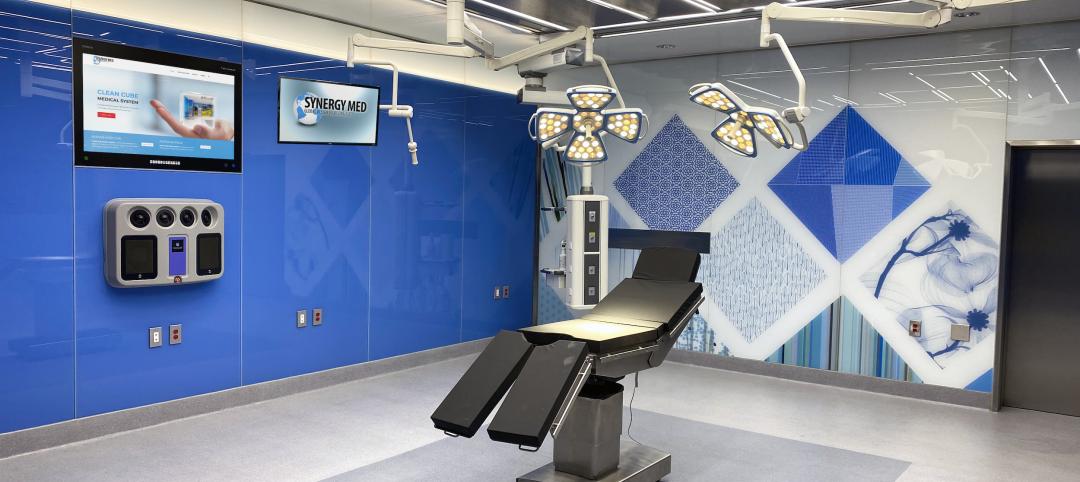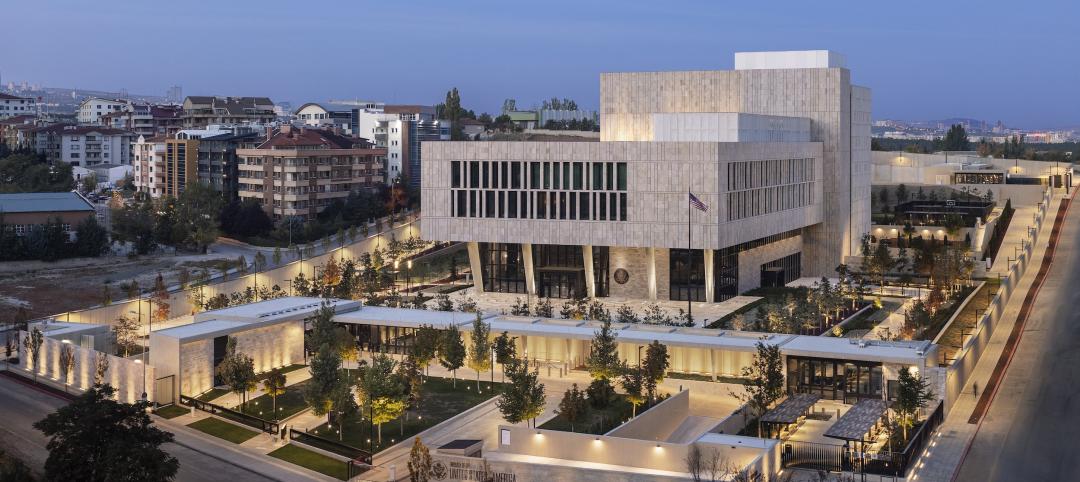Public libraries will avoid being relegated to the scrap heap of history in a digital age as long as they continue to serve as platforms for learning, creativity, and innovation that strengthen their communities.
That’s the conclusion of a new report “Rising to the Challenge: Re-envisioning Public Libraries,” which the Aspen Institute has produced in partnership with the Bill and Melinda Gates Foundation.
There are nearly 9,000 public library systems and 17,000 branches and outlets across the U.S. Nearly seven in 10 Americans say they have at least “medium” levels of engagement with their public libraries. And nearly a quarter of U.S. adults use their local libraries for Internet access.
“The public library is a key partner in sustaining the educational, economic and civic health of the community during a time of dramatic change, [and] there is already a significant physical presence and infrastructure to leverage for long-term success,” the report states.
As important, the library "is a core civil society institution, democracy’s 'maker space,'" the report asserts.
But as public libraries shift from being repositories for materials to platforms for learning and participation, their ability to provide access to vast amounts of content in all formats will be vital. “Libraries face two immediate major challenges in providing access to content in all forms,” the report says. “Being able to procure and share e-books and other digital content on the same basis as physical versions, and having affordable, universal broadband technologies that deliver and help create content.”
A 21st-century library will remain relevant only if it is built on three key assets: people, place, and platform. The report observes that libraries are “shifting from building collections to building human capital, relationships, and knowledge networks in the community.”
While a library is both a physical and virtual place, the report believes its physical presence “anchors it most firmly in the community.” But the library as a learning center is also becoming more of a destination, “a way station on the learning journey.” In that capacity the library in a digital age should also be “a virtual space accessible from anywhere 24/7.”
A library’s goal, says the report, should be to enable individuals and communities “to create their own learning and knowledge.” So a library “platform” needs to be adaptable to the individual’s needs. “The library as platform radically reshapes [its] daily activities, shifting away from the old model of organizing and ‘lending’ the world’s knowledge toward a new vision of the library as a central hub for learning and community connections.”
To be successful in a digital age, libraries, says the report, will require a different kind of access and distribution infrastructure, more sophisticated analytics “that will enable the library itself to become a “learning organization,” and the ability to scale themselves to facilitate innovation and competition.
The report recommends four strategic opportunities for action to guide libraries’ transformation: aligning their service to support community goals, providing access to content in all formats, ensuring the long-term sustainability of public libraries through greater attention to potential financial resources, and cultivating “leadership.”
But library professionals face several leadership challenges, such as taking advantage of digital tools; building the library’s capacity, which might benefit from exploring best practices outside the U.S.; thinking harder about succession planning; including trustee and “friend” groups in leadership development activities; and developing strategies that can keep pace with larger disruptive changes.
Libraries and their communities must also be watchful, and be prepared to respond to, several important developments and trends, including new technologies and their impact on a global information economy, online education, the boundaries of privacy and data protection, and “hyperconnected” societies.
Related Stories
Market Data | Jul 24, 2023
Leading economists call for 2% increase in building construction spending in 2024
Following a 19.7% surge in spending for commercial, institutional, and industrial buildings in 2023, leading construction industry economists expect spending growth to come back to earth in 2024, according to the July 2023 AIA Consensus Construction Forecast Panel.
Hotel Facilities | Jul 21, 2023
In Phoenix, a former motel transforms into a boutique hotel with a midcentury vibe
The Egyptian Motor Hotel’s 48 guest rooms come with midcentury furnishings ranging from egg chairs to Bluetooth speakers that look like Marshall amplifiers.
Office Buildings | Jul 20, 2023
The co-worker as the new office amenity
Incentivizing, rather than mandating the return to the office, is the key to bringing back happy employees that want to work from the office. Spaces that are designed and curated for human-centric experiences will attract employees back into the workplace, and in turn, make office buildings thrive once again. Perkins&Will’s Wyatt Frantom offers a macro to micro view of the office market and the impact of employees on the future of work.
Healthcare Facilities | Jul 19, 2023
World’s first prefab operating room with fully automated disinfection technology opens in New York
The first prefabricated operating room in the world with fully automated disinfection technology opened recently at the University of Rochester Medicine Orthopedics Surgery Center in Henrietta, N.Y. The facility, developed in a former Sears store, features a system designed by Synergy Med, called Clean Cube, that had never been applied to an operating space before. The components of the Clean Cube operating room were custom premanufactured and then shipped to the site to be assembled.
Performing Arts Centers | Jul 18, 2023
Perelman Performing Arts Center will soon open at Ground Zero
In September, New York City will open a new performing arts center in Lower Manhattan, two decades after the master plan for Ground Zero called for a cultural component there. At a cost of $500 million, including $130 million donated by former mayor Michael R. Bloomberg, the Perelman Performing Arts Center (dubbed PAC NYC) is a 138-foot-tall cube-shaped building that glows at night.
Codes and Standards | Jul 17, 2023
Outdated federal rainfall analysis impacting infrastructure projects, flood insurance
Severe rainstorms, sometimes described as “atmospheric rivers” or “torrential thunderstorms,” are making the concept of a “1-in-100-year flood event” obsolete, according to a report from First Street Foundation, an organization focused on weather risk research.
Multifamily Housing | Jul 13, 2023
Walkable neighborhoods encourage stronger sense of community
Adults who live in walkable neighborhoods are more likely to interact with their neighbors and have a stronger sense of community than people who live in car-dependent communities, according to a report by the Herbert Wertheim School of Public Health and Human Longevity Science at University of California San Diego.
Sustainability | Jul 13, 2023
Deep green retrofits: Updating old buildings to new sustainability standards
HOK’s David Weatherhead and Atenor’s Eoin Conroy discuss the challenges and opportunities of refurbishing old buildings to meet modern-day sustainability standards.
Contractors | Jul 13, 2023
Construction input prices remain unchanged in June, inflation slowing
Construction input prices remained unchanged in June compared to the previous month, according to an Associated Builders and Contractors analysis of U.S. Bureau of Labor Statistics Producer Price Index data released today. Nonresidential construction input prices were also unchanged for the month.
Government Buildings | Jul 13, 2023
The recently opened U.S. Embassy in Ankara reflects U.S. values while honoring Turkish architecture
The U.S. Department of State’s Bureau of Overseas Buildings Operations (OBO) has recently opened the U.S. Embassy in Ankara, Turkey. The design by Ennead Architects aims to balance transparency and openness with security, according to a press statement. The design also seeks both to honor Turkey’s architectural traditions and to meet OBO’s goals of sustainability, resiliency, and stewardship.



















